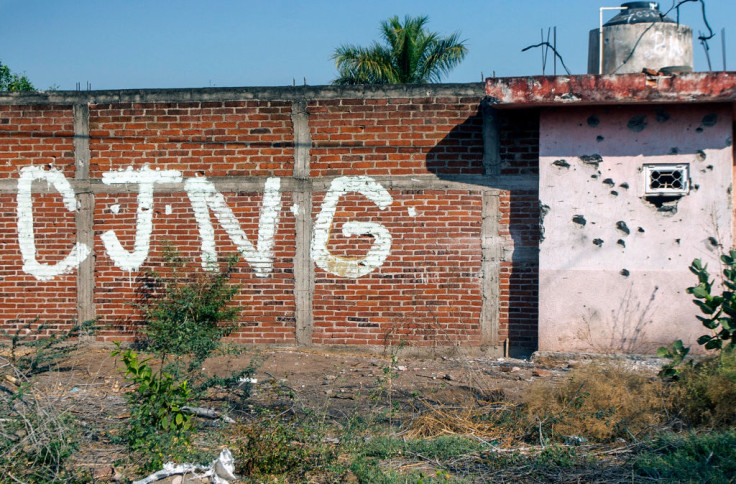
The Jalisco Cartel (CJNG) is now using fast food restaurants in Mexico as meeting points to recruit young people and make them join its ranks, according to a new report.
Concretely, Mexican outlet Milenio published the report after gathering testimonies from groups searching for loved ones believed to have been taken by cartels. They said young people are generally lured to the restaurants after being promised well-paying jobs. They are then greeted by a couple who pays for a trip elsewhere, with families saying that is the last thing they know from them.
The outlet clarified that the restaurants are not involved in the recruiting, but cartels take advantage of the fact that many people come and go to remain unnoticed. It added that once taken, they are trained for about a month, period during which they are completely unable to communicate with anyone.
Milenio noted that alleged cartel operatives do get in touch with some families, seeking to convey peace of mind to them. A text conversation shows an operative saying that cartels no longer make recruits fight and kill each other to harden them. "It's not like before, they don't do it anymore;" reads a passage of the exchange with the member of the Jalisco Cartel, designated as a terrorist organization earlier this year by the U.S.
A recent study by the University of Guadalajara showed a spike in the disappearance of people aged between 15 and 19, with at least 122 reports related to people that age. It added that over 600 people were reported missing in the state of Jalisco between January and April this year.
Another recent report claimed that cartels are increasingly recruiting children as young as six, exploiting their vulnerability and immunity from harsh legal consequences.
The report, based on interviews with current and former child cartel members and older operatives, describes how minors are drawn in by promises of status, income, and belonging.
Many of these children, often raised in violent, drug-ridden environments, are quickly groomed for roles ranging from lookouts to killers. "You join with your death sentence already signed," said a 14-year-old child hitman interviewed by Reuters. "But it's worth it," the interviewee added, noting that cartel life offered food and a sense of family.
The use of minors is not incidental. "These kids are disposable," said Gabriela Ruiz, who works at Mexico's National Autonomous University. Their age protects them from severe punishment, making them ideal recruits. Some, like Sol, now 20, began killing at age 12. "I obeyed the boss blindly," she told Reuters. "I thought they loved me."
According to the U.S. Bureau of International Labor Affairs, an estimated 30,000 children are involved in criminal groups in Mexico, and advocacy groups warn that up to 200,000 are vulnerable to recruitment. A Mexican government report into the cartel recruitment of children published last year found minors as young as six have joined organized crime, highlighting the growing use of technology, like video games and social media, to draw in young recruits.
Platforms like TikTok have featured videos of young people voluntarily pledging to join cartels, particularly the Cártel Jalisco Nueva Generación (CJNG). In one video reported by Milenio, a 21-year-old declared: "I am going to work as a sicario... Nobody is forcing me." Authorities have since removed such content and arrested 49 individuals linked to these campaigns. CJNG operatives reportedly used ranches for confinement and training.
© 2025 Latin Times. All rights reserved. Do not reproduce without permission.





